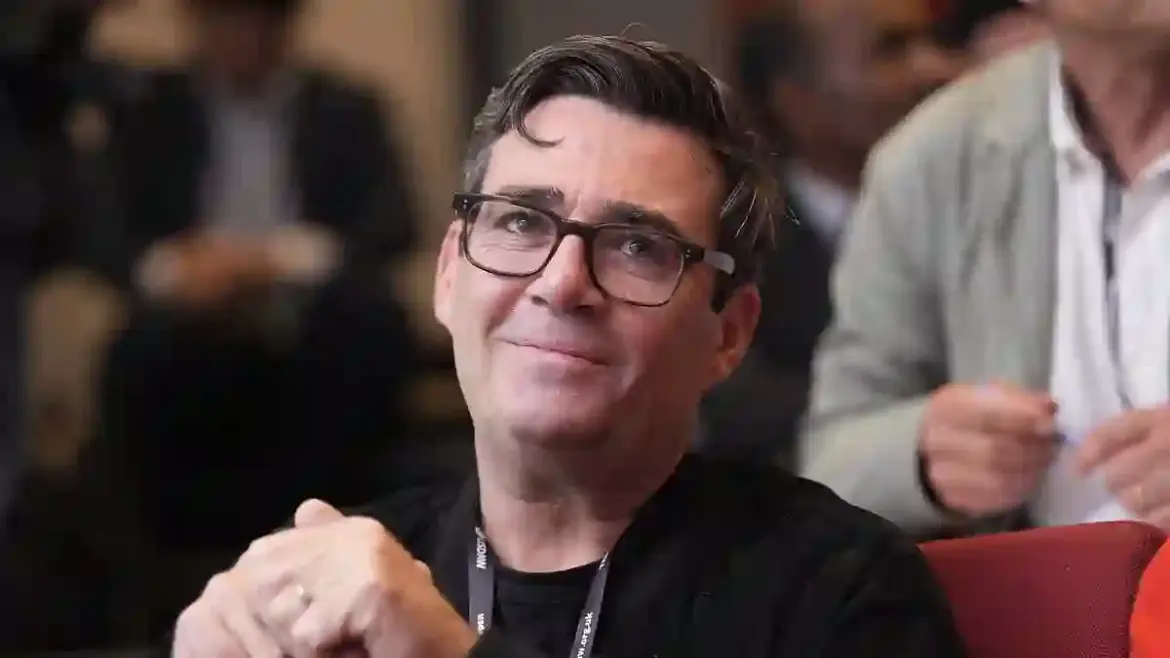A new survey aimed at checking in on children’s wellbeing has sparked a fierce debate after it emerged that pupils as young as 11 are being asked about their gender identity and sexuality. The project, partly funded by taxpayers and the office of Greater Manchester Mayor Andy Burnham, is raising big questions about where schools should draw the line when it comes to sensitive topics.
What the #BeeWell Survey Is About
The survey in question, known as #BeeWell, is run by Manchester University and has been in place since 2021.
It’s designed to measure different aspects of young people’s lives—mental health, eating habits, and how they feel about school.
But what has drawn the most attention are the sections asking about gender identity and sexual orientation.
Students are given a range of identity options such as “girl (including trans girl),” “boy (including trans boy),” “non-binary,” “not sure,” or an open option to describe themselves differently.
They are also asked about their sexuality, with answers ranging from “heterosexual” to “bisexual,” “lesbian,” or “pansexual.”
Why These Questions Were Included
Organisers explained that the gender-related questions were added after feedback from young people themselves.
According to them, it’s about making sure every child feels seen and supported.
The survey is completely optional, takes about 30 minutes, and allows students to skip any question they’re uncomfortable with.
Parents can also opt their children out entirely.
The Greater Manchester Combined Authority (GMCA), Manchester University, and several charities are backing the survey, describing it as an important tool for understanding the wellbeing of young people.
Critics Sound the Alarm
Despite its good intentions, the survey has faced heavy criticism.
Opponents argue that it is an example of “gender ideology” being pushed into schools.
Shadow education secretary Laura Trott voiced her concerns, saying:
“It’s deeply inappropriate for children as young as 11 to be asked about their gender identity or sexuality.
Schools must not replace biological reality with contested beliefs.”
Campaign groups like Transgender Trend echoed this, warning parents to be cautious.
Stephanie Davies-Arai from the group accused the survey of encouraging children to accept “trans activist propaganda” by presenting categories like “girl (including trans girl).”
Government Guidance Still Pending
This controversy comes at a time when the Government is still finalising its official guidance on how schools should approach children questioning their gender.
A draft version was released under the Conservatives and went through consultation, but the final decision has been delayed since Labour took office.
A Department for Education spokesperson stressed the need for careful consideration of evidence, especially findings from Dr Hilary Cass’s recent review into gender identity services for children.
The spokesperson added that the Government will soon set out next steps for how schools should support young people on this issue.
Police Face Their Own Gender Tensions
Meanwhile, the debate isn’t limited to schools.
Police forces have also been accused of prioritising transgender concerns over legal clarity after the Supreme Court ruled in April that trans women cannot use female-only spaces.
Some commanders even formed special “gold groups”—normally used after major crimes—to manage the emotional fallout among officers.
In some cases, police leadership held “listening circles” or support meetings similar to those organised after the murder of George Floyd.
Harry Miller from the free-speech group Fair Cop criticised this response, saying that officers who feel “triggered” by the ruling should consider leaving the profession altogether.
